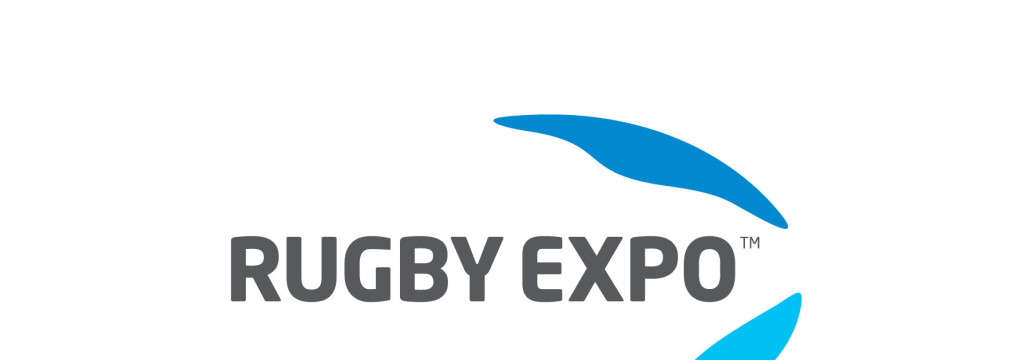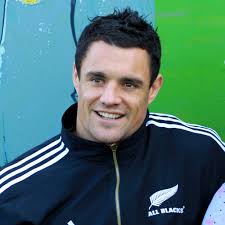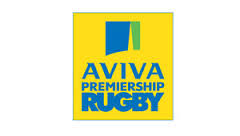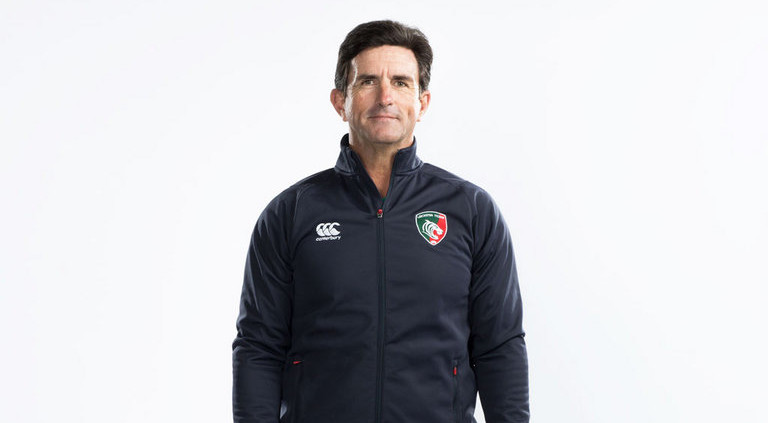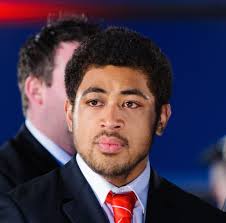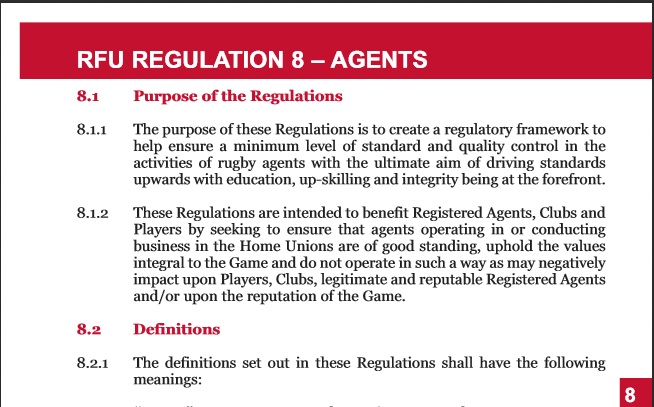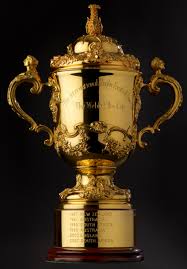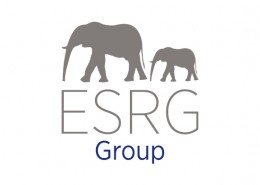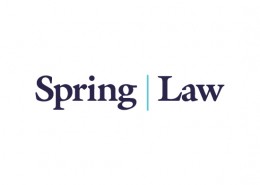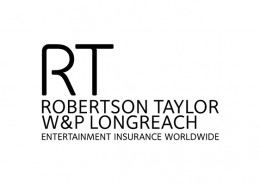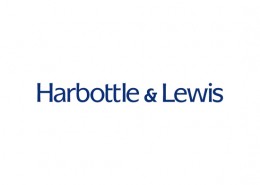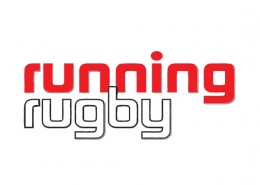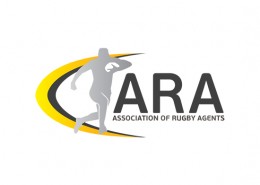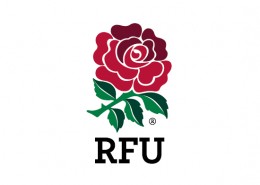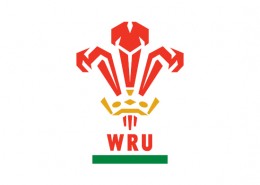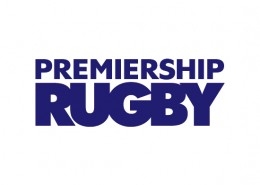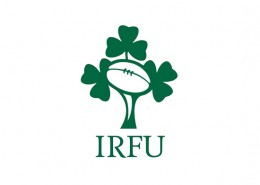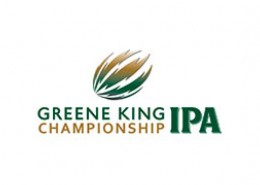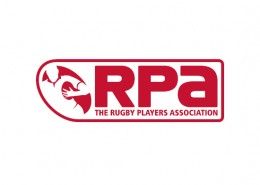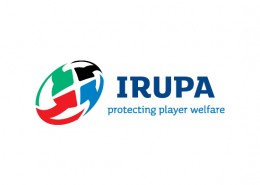Full Rugby Expo Access for Agent Seminar Delegates
Rugby Expo has renewed its partnership with the Association of Rugby Agents (ARA), which will see the annual agents seminar delivered by the RFU held at Twickenham on day one of Rugby Expo 2015. This means that all registered agents and wider stakeholders responsible for the management and wellbeing of professional rugby players will be attending Rugby Expo and will be given full access to both days of the event.
The Agents Seminar will take place at Twickenham Stadium on the morning of Thursday 26th November, as agents, clubs, and representatives from the RFU, PRL and RPA gather to discuss topical issues, regulatory changes, industry developments and updates that affect agents, clubs and players alike.
Commenting on today’s announcement, Jonathan Wilson, Rugby Expo event director, said: “We are delighted to renew our partnership with the ARA; the annual seminar is a key date in the organisation’s calendar and is attended by all registered agents and board members as well as other rugby stakeholders.
“This will be the second year that Rugby Expo will have all registered players’ agents in attendance and the opportunity for our event’s exhibitors and delegates to meet and engage with the individuals and companies that work closely with the sport’s professionals and is another reason why Rugby Expo maintains its position as the meeting place for those in the sport of club rugby.”
Rob Andrew, professional rugby director at the RFU, said: “Holding the Agents Seminar as part of the wider Rugby Expo event for the second year running is a great way to enable agents, clubs, rugby stakeholders and the RFU to meet and discuss important topical issues in a forum designed to focus on the business and development of rugby. Education, communication and awareness of important issues affecting rugby is key to the success of our sport and the presence of the Agents Seminar at Rugby Expo provides a great forum for facilitating this”.
Mark Spoors, ARA chairman, added: “We had fantastic feedback from our members following last year’s Agents Seminar at Rugby Expo so it is great to be able to confirm our partnership with the 2015 event. By having access to Rugby Expo, our members are provided with a wealth of information and contacts within rugby and the wider sports industry and it is a fantastic way for us to help to maximise their ARA membership further.”
For more information on Rugby Expo click below
http://www.rugbyexpo.com/

